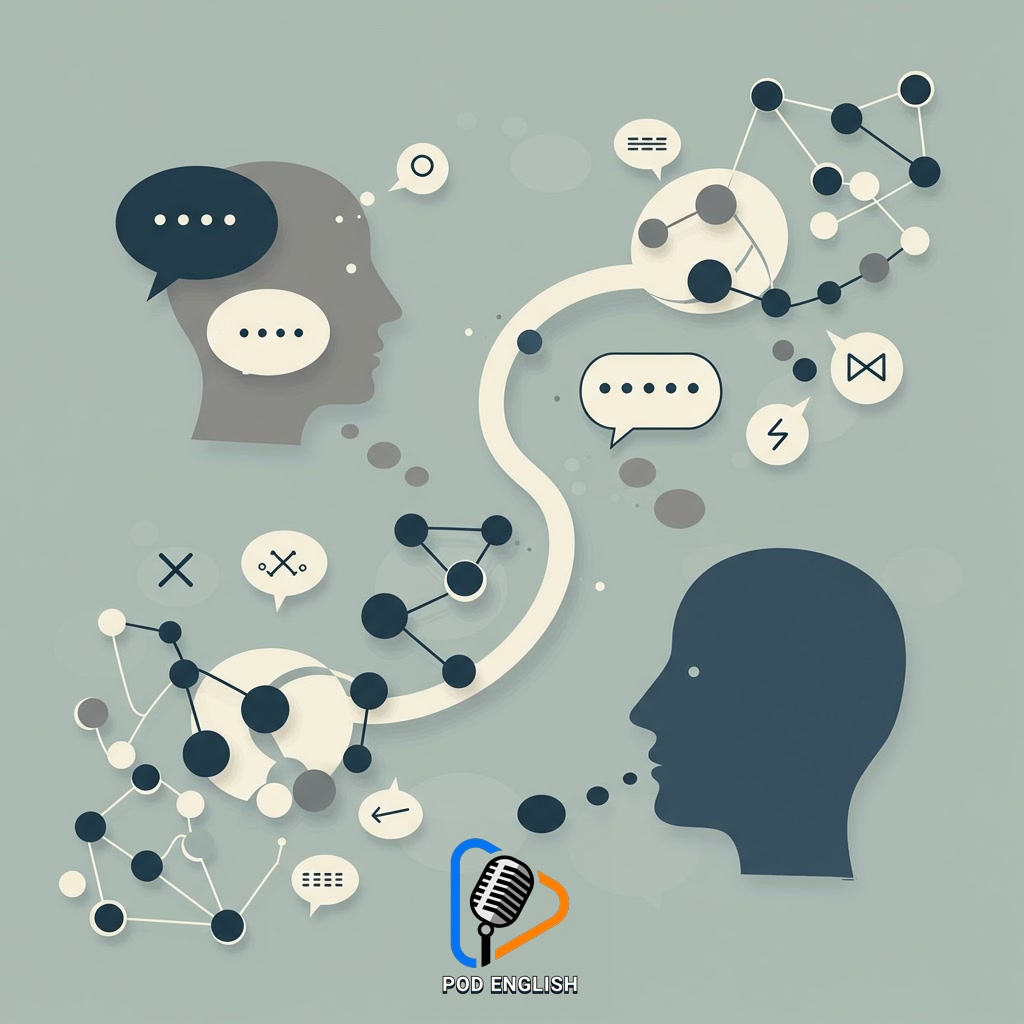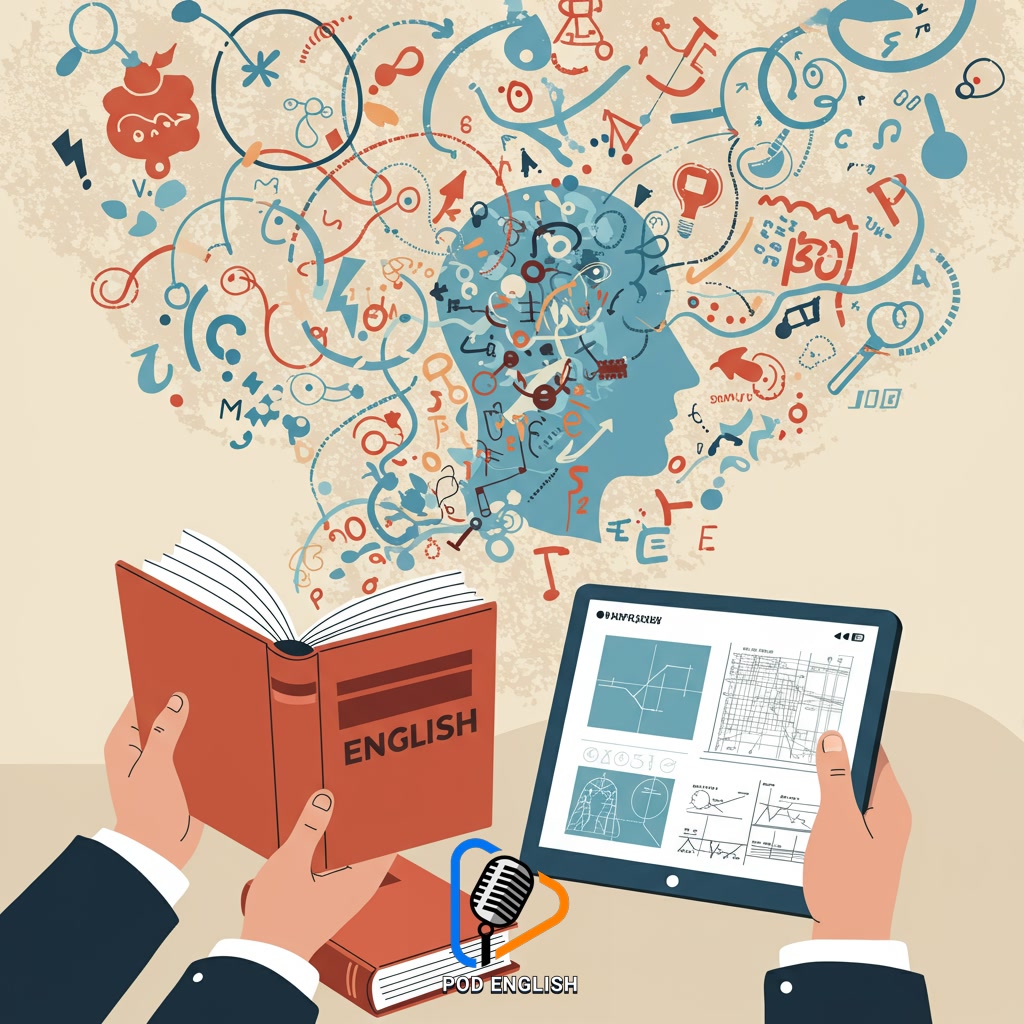Learn English
Build Ethical Thinking Skills Through English Learning
This content explores how the process of learning English can serve as a valuable tool for cultivating ethical thinking abilities. It examines strategies for integrating discussions on values and dilemmas into language acquisition activities. The approach aims to demonstrate how engaging with diverse perspectives and complex issues in English can enhance a learner’s moral reasoning. It highlights the potential of learning English to foster not just linguistic proficiency, but also a deeper sense of ethical awareness.
Table of Contents
- Section 1: Introduction: Understanding the Link Between Language and Ethics
- Section 2: How English Learning Environments Foster Ethical Awareness
- Section 3: Using English Resources to Explore Ethical Dilemmas
- Section 4: Developing Critical Analysis Through English Texts and Discussions
- Section 5: Practical Activities to Integrate Ethics into English Lessons
- Section 6: Benefits of Combining Language Proficiency with Ethical Competence
- Section 7: Conclusion: Building Responsible Global Communicators
Section 1: Introduction: Understanding the Link Between Language and Ethics
Welcome to this exploration of how learning English can be a powerful tool for developing your ethical thinking skills. At first glance, language learning might seem purely about grammar rules, vocabulary, and pronunciation. However, language is much more than just a communication system; it is the primary way we express, understand, and debate ideas, including complex ethical concepts. This introduction will delve into the fundamental link between language and ethics, explaining why the words we use and the structures we employ are essential for discussing values, understanding different perspectives on right and wrong, and navigating moral dilemmas. By improving your English, you gain better access to a wider range of viewpoints and the ability to articulate your own ethical reasoning more clearly, laying the foundation for deeper moral awareness.

Introduction: Understanding the Link Between Language and Ethics
Section 2: How English Learning Environments Foster Ethical Awareness
Building on the idea that English learning extends beyond grammar, consider how the learning environment itself fosters ethical awareness. Whether in a classroom, online community, or study group, learners often interact with people from diverse cultural and linguistic backgrounds. Engaging with authentic English materials like literature, news, and media exposes individuals to varied perspectives on complex social issues and ethical dilemmas. Discussing these topics in English requires learners to articulate their own thoughts and values while actively listening to and understanding others’ viewpoints. This process of encountering different ideas and grappling with challenging themes within a communicative setting naturally cultivates empathy, critical thinking about values, and a broader ethical sensitivity. Thus, the interactive nature of English learning environments becomes a powerful catalyst for developing ethical awareness.

Section 3: Using English Resources to Explore Ethical Dilemmas
Building on the idea that English learning extends beyond grammar, consider how the learning environment itself fosters ethical awareness. Whether in a classroom, online community, or study group, learners engage with diverse perspectives. This section focuses specifically on leveraging authentic English resources to delve into ethical dilemmas. By reading articles about social issues, analyzing characters’ choices in literature or films, or discussing case studies presented in English, learners encounter complex situations that require critical thinking and moral reasoning. Exploring these resources in English not only expands vocabulary and comprehension but also provides a platform for discussing values, consequences, and different viewpoints. This process of analyzing ethical challenges presented through English materials directly contributes to developing a more nuanced understanding of moral principles and improving one’s ability to navigate difficult ethical questions.

Using English Resources to Explore Ethical Dilemmas
Section 4: Developing Critical Analysis Through English Texts and Discussions
Moving beyond the learning environment itself, the specific materials and activities used in English education are powerful tools for fostering critical analysis. Engaging with diverse English texts—including stories, articles, essays, and even media—exposes learners to different perspectives, complex situations, and ethical dilemmas. Through discussions prompted by these texts, learners are encouraged to analyze arguments, evaluate evidence, identify underlying values, and consider the potential consequences of actions depicted or discussed. This process of dissecting information, questioning assumptions, and formulating reasoned responses in English directly cultivates critical thinking skills. Applying these skills to explore ethical dimensions within the learning context helps learners develop a more nuanced understanding of moral issues and strengthens their ability to navigate complex ethical landscapes in their own lives.

Developing Critical Analysis Through English Texts and Discussions
Section 5: Practical Activities to Integrate Ethics into English Lessons
Practical activities to integrate ethics into English lessons are varied and engaging. Teachers can use authentic materials such as news articles, short stories, or film clips that present ethical dilemmas. Students can discuss characters’ motivations and choices, analyze different perspectives, or debate potential solutions to problems presented in the text or media. Role-playing scenarios allow learners to practice language while stepping into different viewpoints on a moral issue. Analyzing case studies or writing essays on personal values further encourages reflection and builds vocabulary related to ethics like fairness, responsibility, and integrity. Such activities make language learning dynamic and promote deeper ethical awareness.

Section 6: Benefits of Combining Language Proficiency with Ethical Competence

Section 7: Conclusion: Building Responsible Global Communicators














